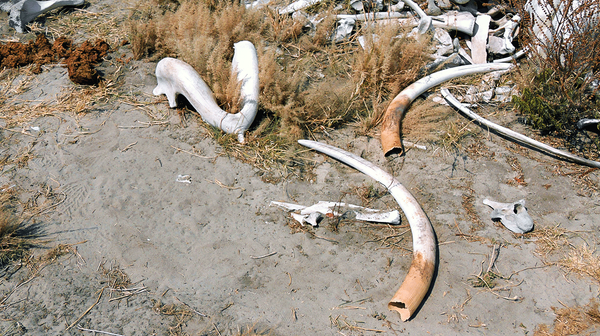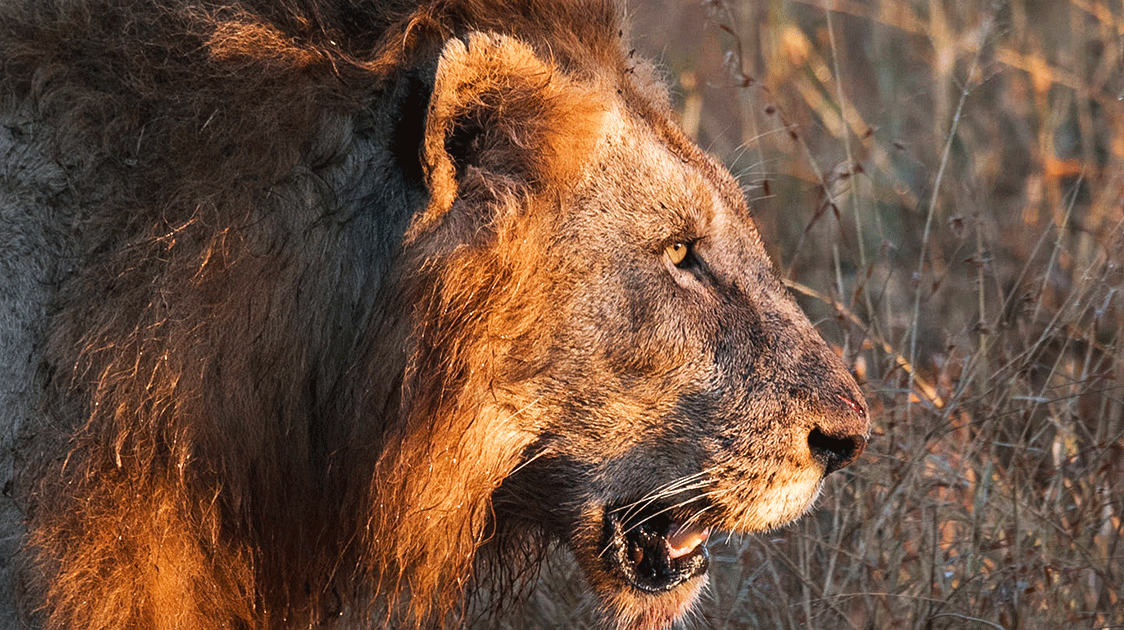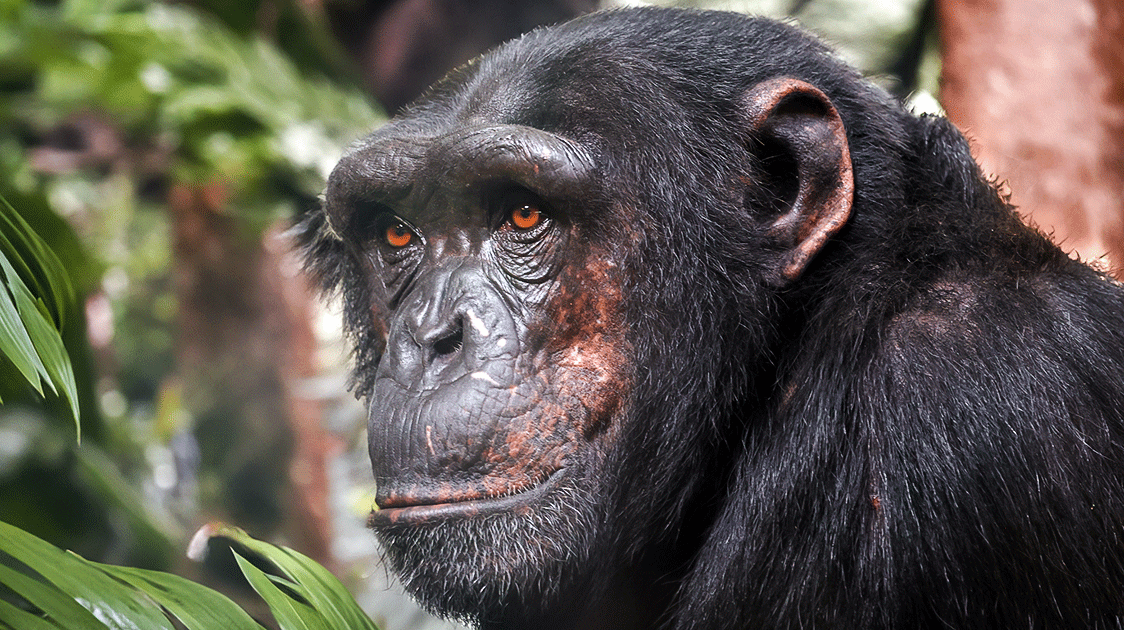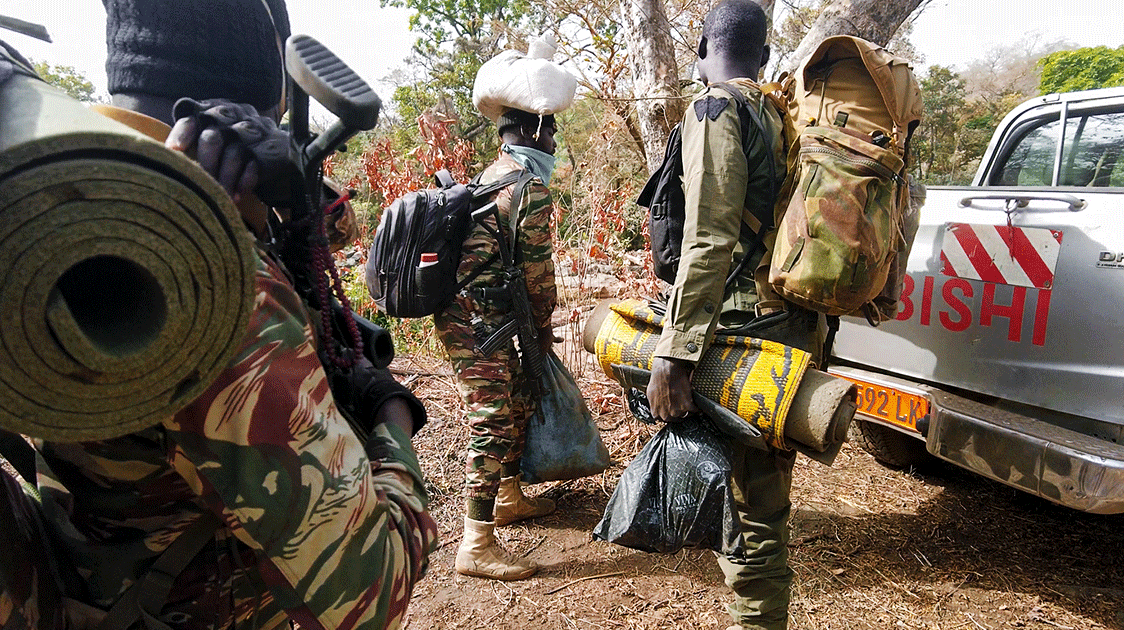Europe Proved It: Commercial Wild Meat Can Save Wildlife (Not Destroy It)(8-minute Video)
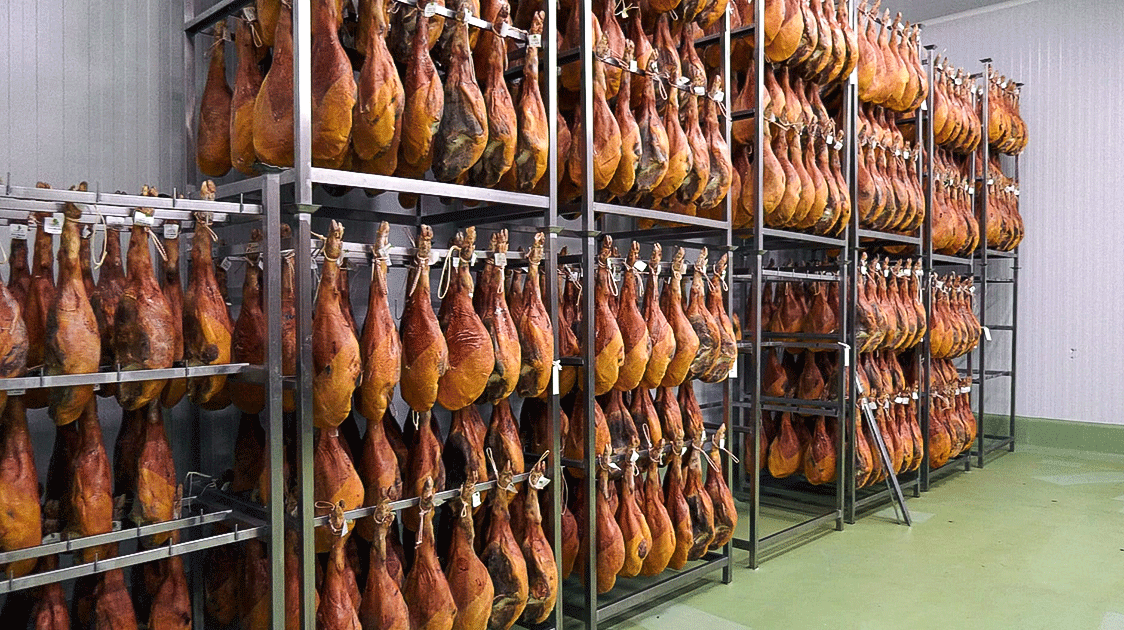
In European capitals, policymakers debate the ethics of hunting in Africa while animal rights activists condemn any form of wildlife utilization.
Yet walk into any upscale restaurant in Paris, Berlin, or Vienna, and you'll find venison, wild boar, and game birds prominently featured on the menu.
Visit a German supermarket, and you can buy wild rabbit or deer in the frozen section.
During hunting season, European markets are flooded with wild meat, which is legally hunted, commercially traded, and culturally celebrated.
The same continent that questions Africa's relationship with wild protein consumes more game meat per capita than almost anywhere in the developing world.
In countries like Austria and Germany, eating wild game is not a subsistence practice; it's a gourmet cuisine.
In Europe, hunting traditions are heritage, while in Africa, they're seen as a threat.
Europe has developed an extensive industrial infrastructure centered on wild meat. Africa is told that even basic processing would spell doom for wildlife.
Spain has established a highly efficient method for processing and distributing approximately 20,000 tons of wild game meat annually.
There is much that can be learned and applied in the African context from how this is done.

